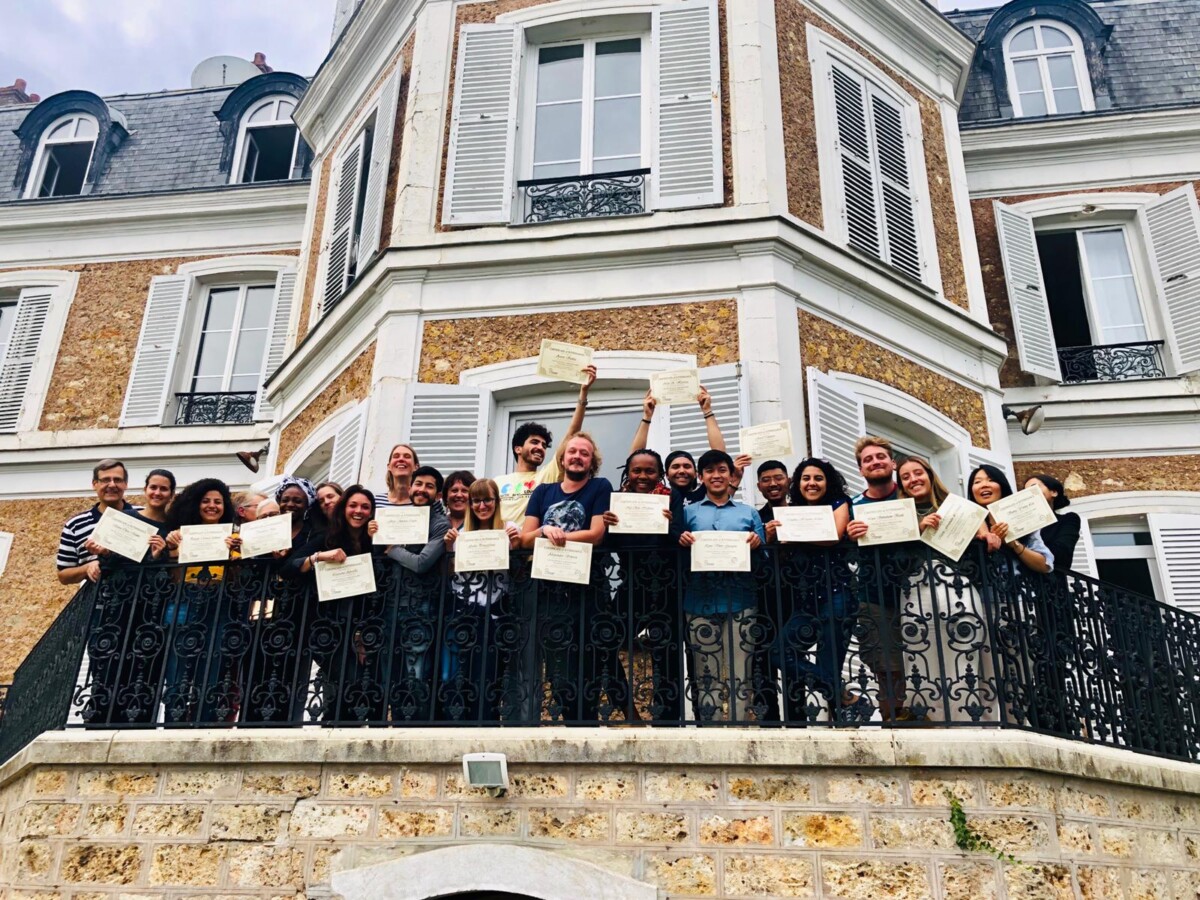
Workshop
Solidarity Is Not a Crime
By Silvano Gianti.
The French Constitutional Court recognized that people providing “disinterested help” to “irregular residents” do not “face legal consequences”, in the name of the “principle of fraternity” which is one of the cornerstones of the Republic. A historic victory for the civil disobedience of Cédric Herrou, the farmer who has become the symbol of a welcoming attitude towards migrants coming from Ventimiglia, Italy.
“This story” is quite peculiar, even more so because it was all started by a “simple” French farmer. And “this story” shows that when you insist on helping others, unimpeded by red tape, not caring about what other people think, and you simply share your life, food, and abode with people who are in precarious circumstances, then you might get laws to be changed in the long run.
The man who accomplished all this is Cédric Herrou, a French farmer who has become the symbol of solidarity towards the migrants of the Roya valley: he was sentenced to jail for having brought migrants from Ventimiglia to his home, right across the border, and having hosted and fed them. After his conviction, he repeatedly and strongly asked for the abolishment of the “crime of solidarity”. The heart-warming story of the 38-year old Herrou is inspiring many to do the same. His farmstead is in Breil-sur-Roya, a tiny village not too far from the French-Italian border.
He was born and raised in a multiethnic neighborhood in Nice and says he “has never really cared about people’s skin color”. One day in 2011, shortly after he moved to Breil, he gave a ride to a small group of Tunisians. This is how it all began, until the last few years when he has become the symbol of a welcoming and helping attitude towards migrants who reach France through Italy, to the point that he is now known as the “Robin Hood of migrants”.
His farm is located on one of the roads travelled by people who are trying to cross from Italy into France. Ever since border controls have intensified between France and Italy in 2015, and few migrants are able to go through and keep traveling North, Herrou started hosting men, women, and children.
Along a steep incline, Cédric set up what the Libération daily paper has called an “agricultural campsite”: a few tents and RVs where migrants can rest, find food and water and someone who takes the time to listen to them. He personally drives them from Ventimiglia in his van, but the majority gets there on foot, from the train tracks that run adjacent to his land. Nobody wants to stay long in this mountain enclave: but rumors spread quickly through the grapevine. No one will check your papers because Cédric says we are all human beings.
He has helped hundreds of people for real, actually giving hundreds of people food, shelter, and legal assistance to asylum seekers. Now, thanks to Cédric Herrou, the French judiciary has established that citizens are not guilty of any crime if they help irregular migrants and they cannot be prosecuted for this. Actually, this is something we have always known and lived by.
On this side of the border, as well as on the other side, many people have untiringly helped migrants for years, giving them all kinds of help. But now that the French judiciary has acknowledged this, it has decided to officially state that this is not a crime, if it is done in the name of the “principle of fraternity”. And I challenge anyone to do what people have been doing every day, in the name of principles other than solidarity. Hence, the “principle of fraternity” is being recognized for the first time by the French Constitutional Court and, therefore, “must be complied with” by lawmakers as one of the founding principles of French law. “Just like liberty and equality, the other two terms that are part of our Republic’s motto, fraternity shall be abided by as a constitutional principle by lawmakers and shall be invoked in all jurisdictions”, Chief Justice Laurent Fabius explained. This ruling is even more meaningful nowadays, considering the harsh debate going on in Europe on how to deal with migrants.
Source:







